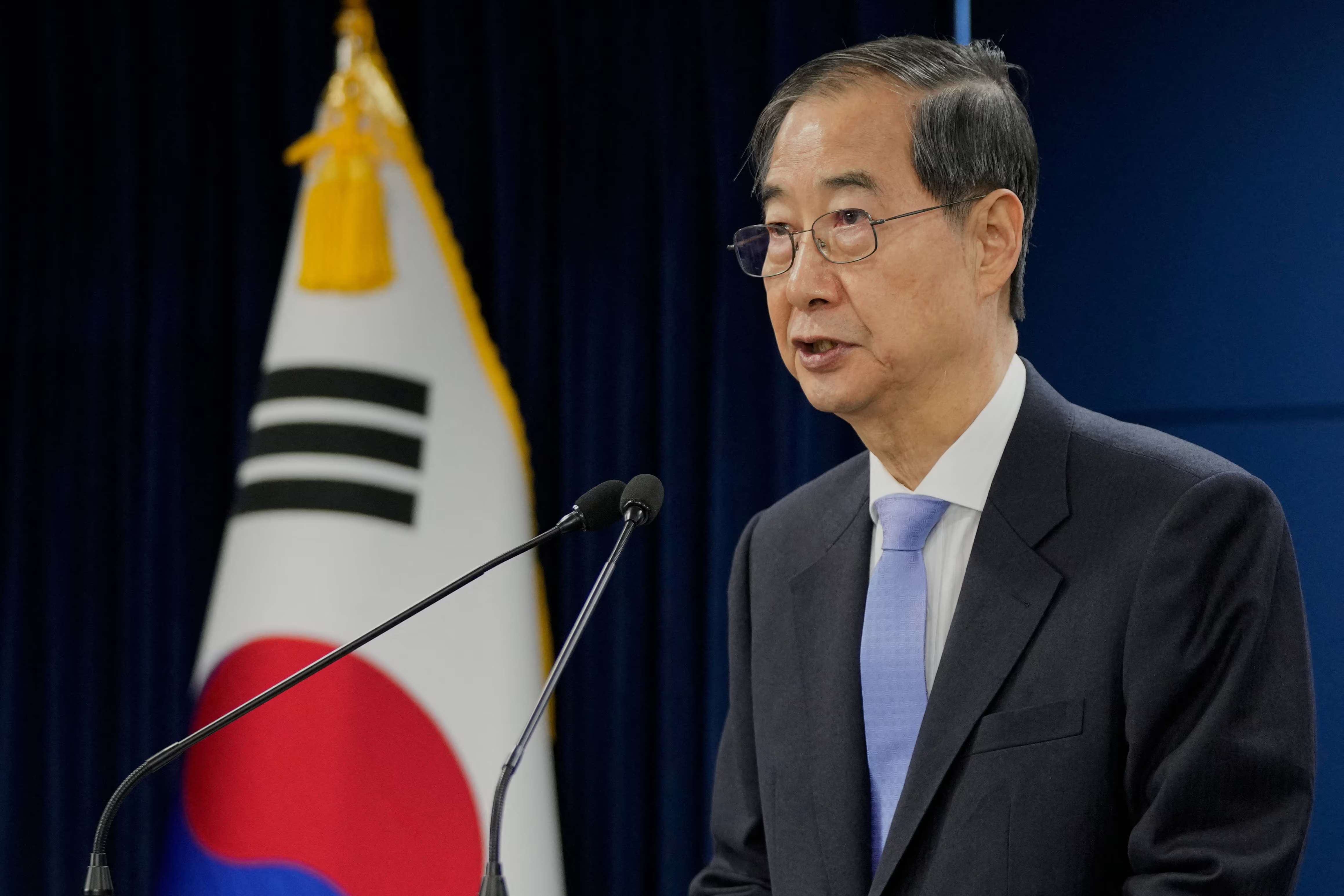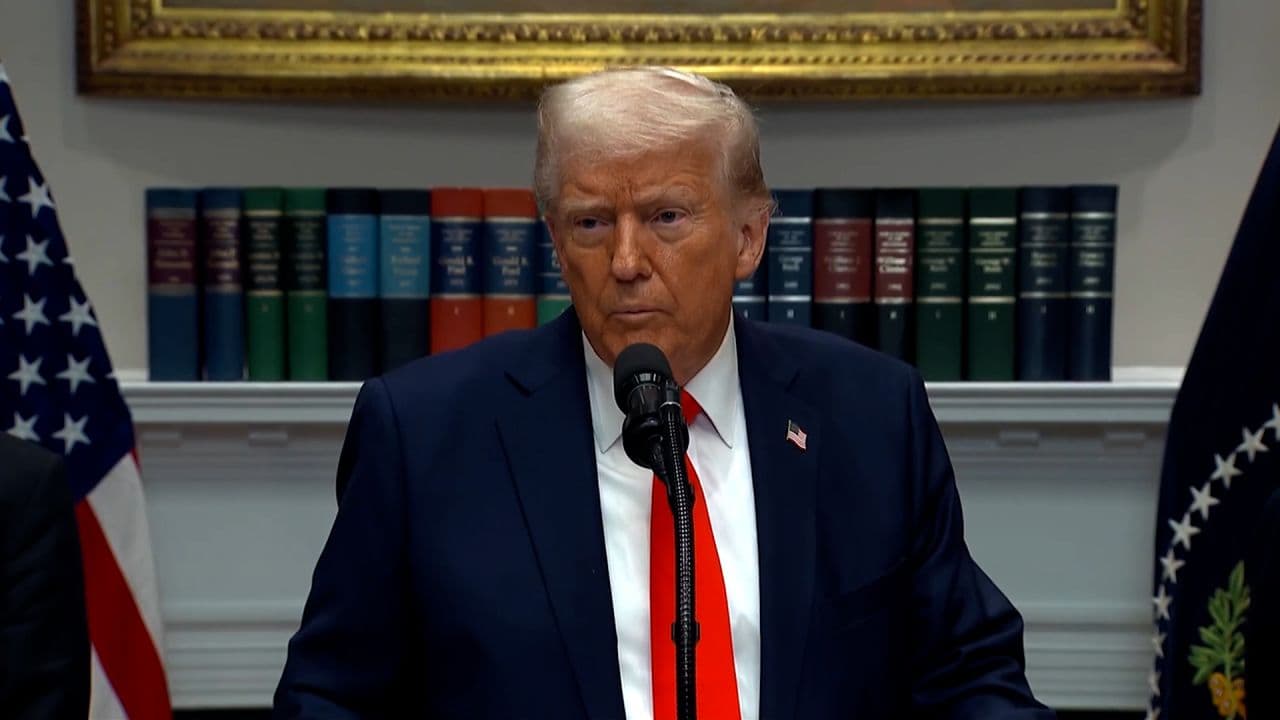Unprecedented Tariff Increases Loom
The trade landscape is shifting dramatically as the Trump administration officially announces a staggering 25% tariff on imports from South Korea, among other countries. This marks a pivotal moment in U.S. trade policy, as tariffs reach their highest levels in nearly a century. According to The Budget Lab at Yale, the overall U.S. average effective tariff rate is projected to climb to 18%, a figure not seen since the 1930s. The implications of these hikes extend far beyond mere numbers; they threaten to unravel the delicate fabric of international trade agreements.
South Korea"s Strategic Dilemma
As the deadline for tariff negotiations approaches, South Korea finds itself in a precarious position. With trade relations already strained, the pressure to comply with U.S. demands for agricultural market access and relaxed regulations on tech platforms is intensifying. The U.S. has signaled that it expects significant concessions in exchange for avoiding the new tariffs, including easing restrictions on imports of beef, which have been under a 30-month ban. The situation resembles the pressures faced by Japan during its negotiations over rice market access, a clear indicator that agricultural markets are becoming a bargaining chip in broader economic negotiations.

South Korea"s acting president calls for talks with US over ...
Digital Economy Under Siege
In a troubling development, the U.S. is pushing for reduced regulations on South Korean tech companies, aiming to facilitate greater access to platforms controlled by American giants like Google. This demand reflects a broader trend where tech policy is increasingly intertwined with trade negotiations. As reported by Congress.gov, the U.S. has historically utilized trade agreements to influence digital market regulations, raising serious concerns about data privacy and user rights. If South Korea concedes to these demands, it risks compromising its digital sovereignty and the privacy of its citizens.
Consequences for South Korean Businesses
The economic repercussions for South Korean businesses could be devastating. The tariff increase not only threatens exports but also undermines the competitive edge of South Korean products in global markets. With the U.S. being a pivotal trading partner, the projected tariffs could result in a loss of billions in export revenue. According to Congress.gov, South Korean exporters could face an estimated $15 billion in additional costs due to these tariffs, a burden that could stifle innovation and growth within the country.

Scoop: Inside Biden aides" China fight
Global Trade Relations in Jeopardy
The broader implications for global trade are equally concerning. As the U.S. escalates its tariff strategies, other nations may retaliate, leading to a tit-for-tat exchange that could exacerbate international tensions. The EU and Mexico have already felt the brunt of U.S. tariff increases, and the potential for similar actions against South Korea raises the specter of a full-blown trade war. This environment of uncertainty could deter investment and disrupt supply chains worldwide, creating a ripple effect that impacts economies far beyond the U.S. and South Korea.







![[Video] Gunfire between Iraqi security forces and Sadr militias in Baghdad](/_next/image?url=%2Fapi%2Fimage%2Fthumbnails%2Fthumbnail-1768343508874-4redb-thumbnail.jpg&w=3840&q=75)
